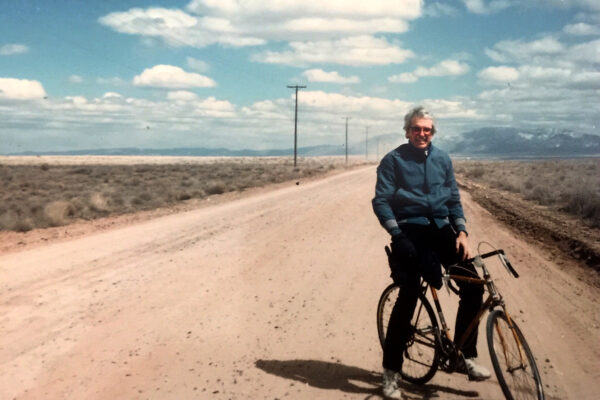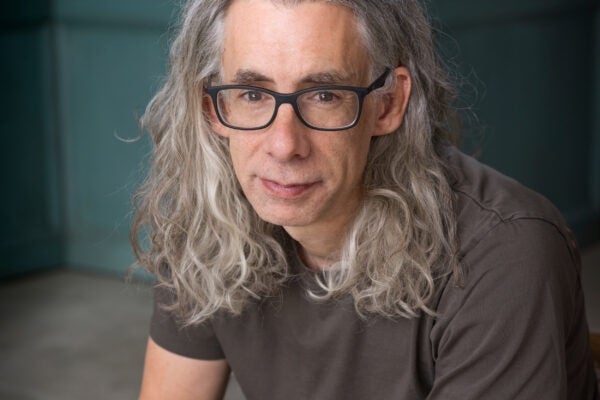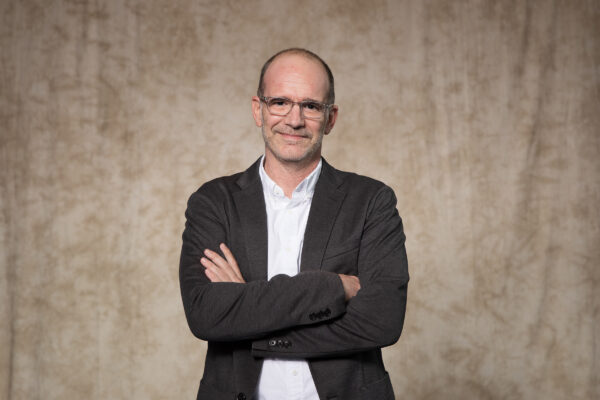Between junior and senior year of his undergraduate studies at Harvard University, Peter LaSalle spent the summer in Ireland. There on assignment for the Ivy League college’s zany, student-run series of travel guides titled “Let’s Go,” he stayed in Dublin and made excursions to the lush countryside. Though, LaSalle couldn’t fully stick to his assignment.
“I found I was more interested in tracking down places associated with Irish literature, which I was crazy about then — Joyce, Yeats and the great Irish playwrights — than seeking out pubs and cheap hostels to recommend,” LaSalle says. “In the end I don’t think the editors could use much of what I hurriedly turned out at the last minute in line with the more traditional type of travel-guide information they wanted for the article.”
 That first draft sparked LaSalle’s own brand of travel writing: one less focused on guiding readers through a place and more focused on grand observations about both literature he admires by writers in other countries and personhood. His latest book, “The World Is a Book, Indeed,” released in October 2020, is a collection of travel essays covering his experiences on almost every continent, save for Australia and Antarctica, from as early as 1976 to 2018. The book serves as a follow-up to his 2015 travel collection, “The City at Three P.M.”
That first draft sparked LaSalle’s own brand of travel writing: one less focused on guiding readers through a place and more focused on grand observations about both literature he admires by writers in other countries and personhood. His latest book, “The World Is a Book, Indeed,” released in October 2020, is a collection of travel essays covering his experiences on almost every continent, save for Australia and Antarctica, from as early as 1976 to 2018. The book serves as a follow-up to his 2015 travel collection, “The City at Three P.M.”
LaSalle, now the Susan Taylor McDaniel Regents Professor in Creative Writing in the Department of English at The University of Texas, attempts to experience the cities he travels to as though he lives there, making for thorough descriptions boosted by his cosmic connection to works he reads.
“The idea is to immerse myself in the world of the writer, rereading and experiencing the work on the premises, so to speak,” LaSalle says. “I make it a point to stay in hotels where locals stay and eat at everyday restaurants, the old shoestring ethos. It’s maybe a habit acquired out of necessity when I was young and close to broke, yet now done in the name of avoiding at all costs the usual tourist scene and a whole lot more interesting.”
In Paris, LaSalle muses on feelings of timelessness while walking down Rue d’Alsace, and while in Tunis, Tunisia, he speaks for an hour with a man in the government tourism office about the then very controversial Iraq War and what it means to be American in 2004. In avoiding tourist spectacles, LaSalle shares much more human experiences colored by literature. Despite their sometimes personal nature, LaSalle is careful to clarify that he considers these works “literary travel essays.”
“Something like that seems a more accurate description as to subject than ‘personal essays,’” LaSalle says, “granting that larger ideas about life — my own sometimes mixed-up one, I guess, and that of others, thankfully not as mixed up — do of course weave in and out of the accounts of the trips.”
Ahead of his travels, LaSalle typically commits to an intense study of his destination and its literature. Hours spent on research in the Perry-Castañeda Library after a day of teaching courses lead to enriched experiences and astute observations. While visiting Hanoi and Ho Chi Minh City in 2017, LaSalle met with several Vietnamese writers and editors, with whom his immense research came in handy. In the essay “My New Literary Credo, Via Hanoi,” he writes about grabbing drinks with editors of the People’s Army Literature and Arts Magazine. That rich conversation led to an email from one of the editors, Do Tien Thuy, that LaSalle says reshaped his literary perspective: “The ideas are so much, but my talent is small,” Thuy wrote. “Hope I have something for life. That’s my best desire.”
Outside of his distinct travelogues, LaSalle primarily writes fiction, short story collections and novels including “Tell Borges If You See Him: Tales of Contemporary Somnambulism” and “Mariposa’s Song.” While his travel writing does dig into personal musings, LaSalle’s storied experience in crafting fiction narratives radiates from the pages. His words lead with intention, even if his journeys are meandering themselves.
“I always want to keep a measure of the off-the-cuff to any trip, the element of pure discovery,” LaSalle says. “I have an essential belief that travel, specifically when done alone, is strongly akin to dreaming, each a matter of wandering through an unfamiliar landscape to continually discover, well, what happens next.”
Despite his travels being put on hold due to the global pandemic, LaSalle remains hopeful. He’s already eyeing his next venture and delving into Japanese literature, namely the works of Nobel Prize winner Yasunari Kawabata. The fire that burns for writing-reading-traveling remains lit. Even if it is difficult to kindle through worldwide adventures at the moment, books haven’t gone anywhere, and LaSalle’s literary fervor is one easily spread to his students.
“I suppose I like to think that what I write about literature essentially stems from a love of it, pretty visceral,” LaSalle says. “Just as when I teach — mostly creative writing classes as well as some literature classes — I try my best to instill in the always wonderful UT students those same feelings, hoping such appreciation, and excitement, sticks and helps them stoke up deep affection themselves for literature and the unique, almost uncanny power of words on the page to get at stuff deep inside us all, thoroughly life-enhancing.”
I always want to keep a measure of the off-the-cuff to any trip, the element of pure discovery.
OTHER WORKS
Notable publications by staff and faculty members

The Swallowed Man
By Edward Carey
This fairy tale for adults riffs on “Pinocchio” as it tells a parable about parenthood. Carey is an associate professor in the Department of English.

John S. Chase–The Chase Residence
By David Heymann and Stephen Fox
A look at the Houston modernist home designed by the first African American licensed architect in Texas. Co-author Heymann holds the Harwell Hamilton Harris Regents Professorship in Architecture.

The Nightfields
By Joanna Klink
The poems in this volume include ruminations on loss and metaphysical verses inspired by the artist James Turrell’s Roden Crater. Klink teaches in the Michener Center for Writers.

The Borders of AIDS: Race, Quarantine, and Resistance
By Karma R. Chávez
Chávez, the chair of the Department of Mexican American and Latina/o Studies, examines how people of color were made scapegoats during the early years of the AIDS crisis.
Recommend a book at pitch@texasconnect.utexas.edu.



